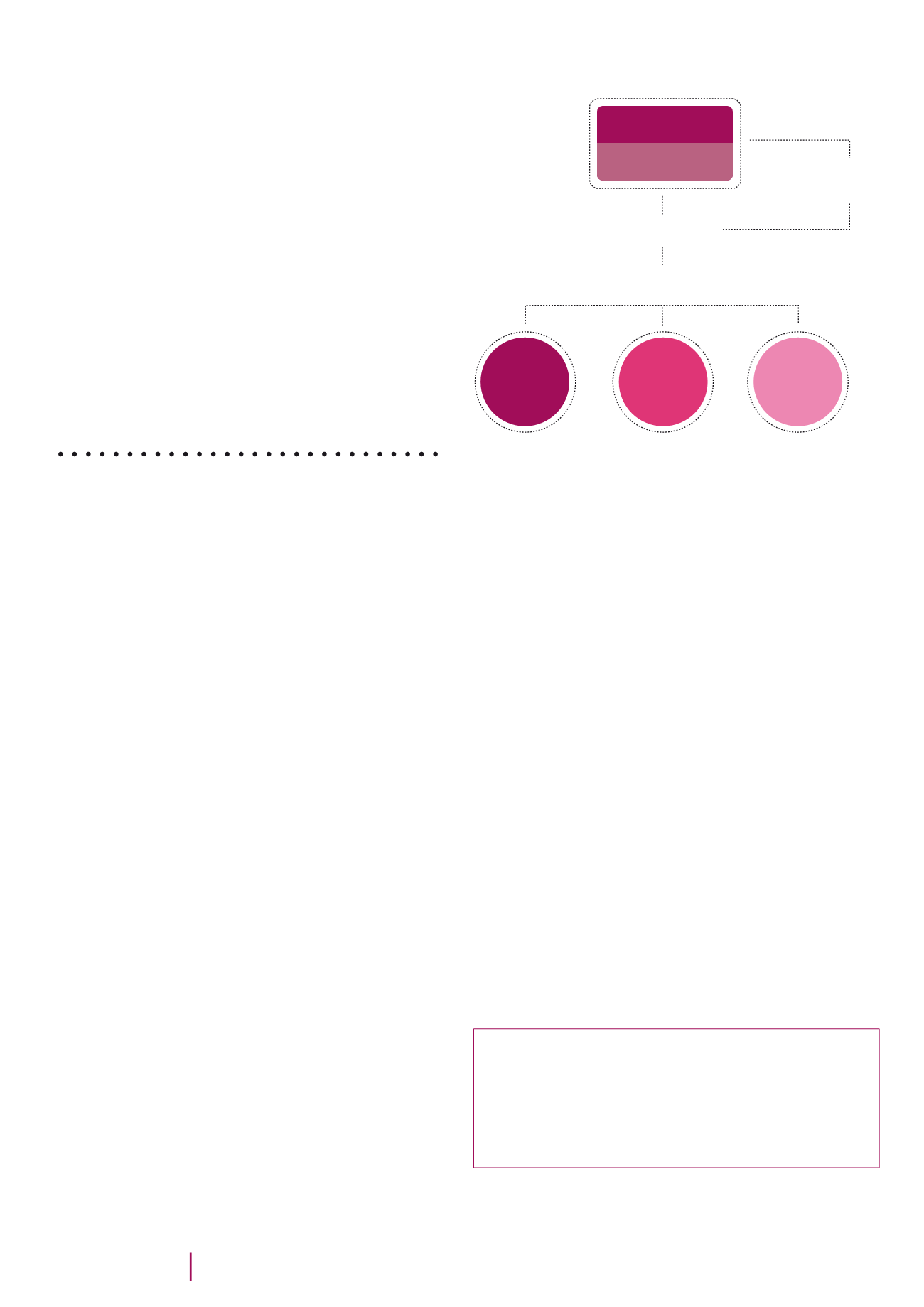

100
Cross-border
economic
development
Project factsheets
Interregional Council of the Chambers of Trades of the Greater Region (CICM)
To what extent can this good practice be
adopted in other cross-border territories?
CICM is a formal body that is fairly unique at the cross-border
level in Europe. However, similar concerns to those addressed by
the CICM can be observed along other borders: the development
of cross-border vocational training, the adaptation of trades and
crafts to new environmental regulations and the challenges of the
transition to different sources of energy, and the possible distortion
of competition in calls for tender from the construction sector, etc.
The legal statutes of the chambers of trades in the Greater Region
vary from country to country; the same is true of the definition of
craft trades (l’artisanat in French). In this regard, Belgium stands
out from its neighbours in that there was no official definition of
l’artisanat until February 2014 and this sector does not have its own
representative chamber, with the UCM also acting for the interests
of retailers and self-employed professionals. This has not however
prevented the operational implementation of a network and of joint
representation.
It should be noted that the Upper Rhine also has a network
of chambers of trades (Handwerkskammer der Pfalz,
Handwerkskammer Karlsruhe, Handwerkskammer Freiburg,
Chambre des Métiers d’Alsace and Wirtschaftskammer Baselland) –
TransInfoNet. Set up in 1996, this network carries out activities
including advice regarding the provision of services in neighbouring
countries, legal information, and assistance with administrative
formalities and setting up in a neighbouring country (branch or
subsidiary, business creation or acquisition, etc.).
For more information:
http://www.cdm.lu/about-us/cicmContact:
Marc GROSS
Secretary General of CICM
Director of the Social Affairs Department
Chambre des Métiers du Grand-Duché de Luxembourg
marc.gross@cdm.lu+ 352 42 67 67 231
Three thematic working groups
(environment/energy, vocational
training and foreign markets) coordinate deliberations and enable the
CICM to take positions on diverse subjects such as:
Ì
Ì
policy regarding trades and crafts and SMEs in the Greater Region
Ì
Ì
promotion of the image of trades and crafts
Ì
Ì
the structural evolution and economic situation of trades and crafts
Ì
Ì
relations with Greater Region institutions (Summit of the Greater
Region, the Greater Region Economic and Social Council, etc.)
Ì
Ì
European policies (internal market, Small Business Act, etc.)
Ì
Ì
the integration of regional policies in the Greater Region.
What are its activities?
Recently, the CICM has been active on three issues:
Ì
Ì
The environment/energy working group
formulated a position
statement entitled “Transition énergétique: Pour une politique
climatique et énergétique concertée en Grande Région” (“Energy
transition: towards a coordinated climate and energy policy in the
Greater Region”). This position statement and the CICM›s research
into the action plans and policies on energy in the different parts
of the Greater Region, including in the areas of energy efficiency
and renewable energies, served as a basis for discussion for
the Greater Region Economic and Social Committee (CESGR).
On 20 May 2014, a joint event was held in Metz entitled “Energy
transition and opportunities for SMEs and craft enterprises in the
Greater Region”. The outcome of this event, which was taken
up in the CICM›s position statement, was incorporated into the
CESGR›s recommendations at the Greater Region›s 14th Summit
in November 2014.
Ì
Ì
The analysis and monitoring of political and operational
initiatives
with a view to instituting exchanges of good practices
regarding cross-border apprenticeships in the Greater Region.
Ì
Ì
The removal of obstacles to the cross-border provision of
services
has also been the subject of sustained work, notably
in collaboration with the Economy and Sustainable Development
working group of the Greater Region Economic and Social Council
(CESGR), to make an inventory of barriers to the cross-border
market and to draw up recommendations.
General Assembly
Committee
General
Secretariat
Group of Experts
Working Groups
Environment
Energy
Vocational
Training
Foreign
Markets
Source:
http://www.cdm.lu/about-us/cicm


















